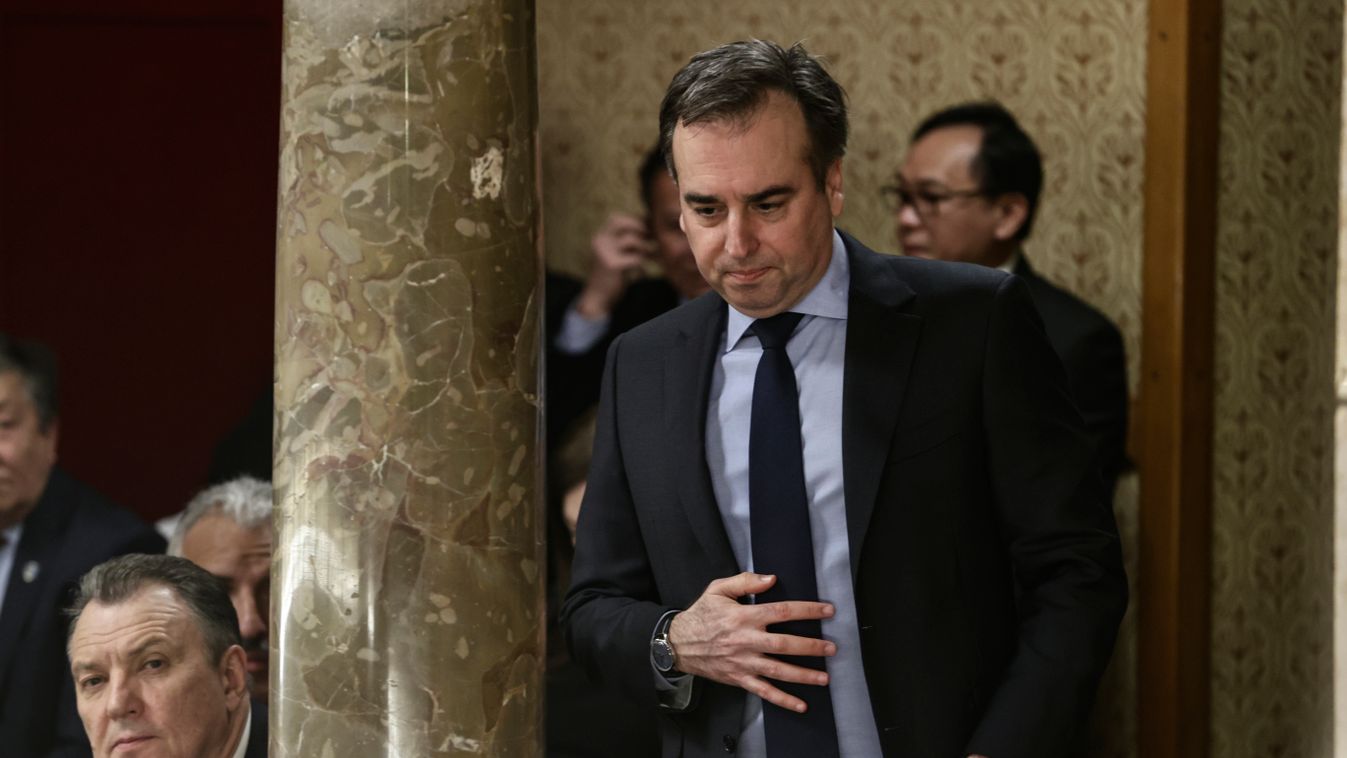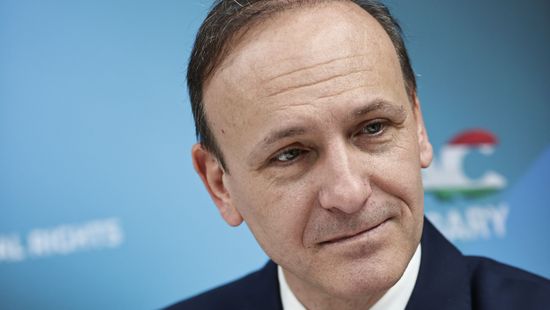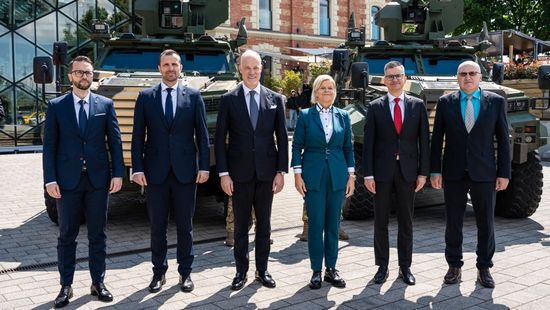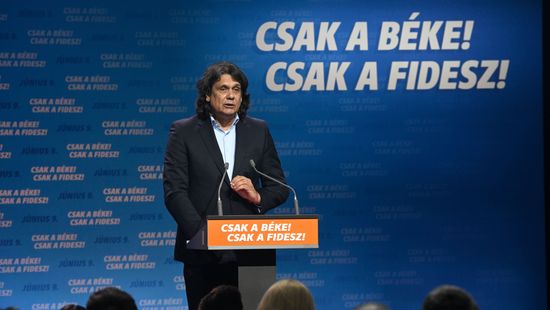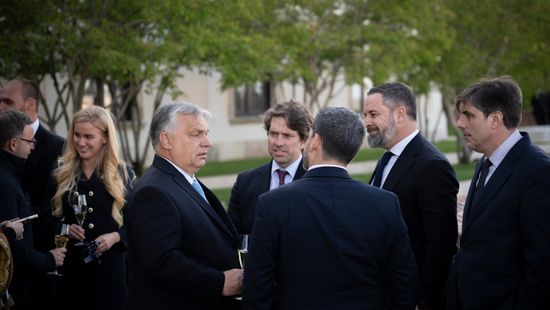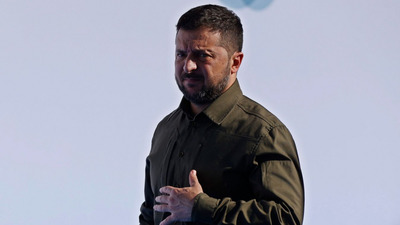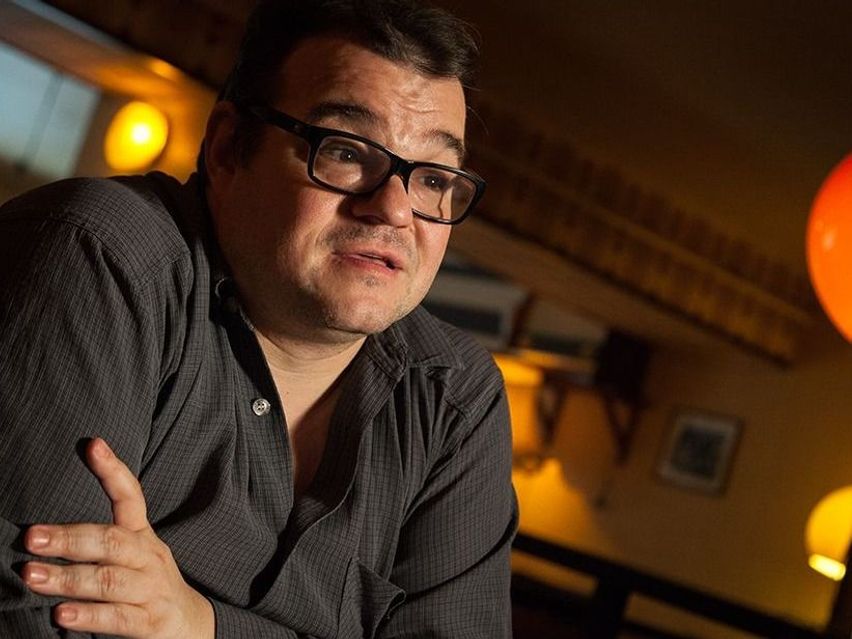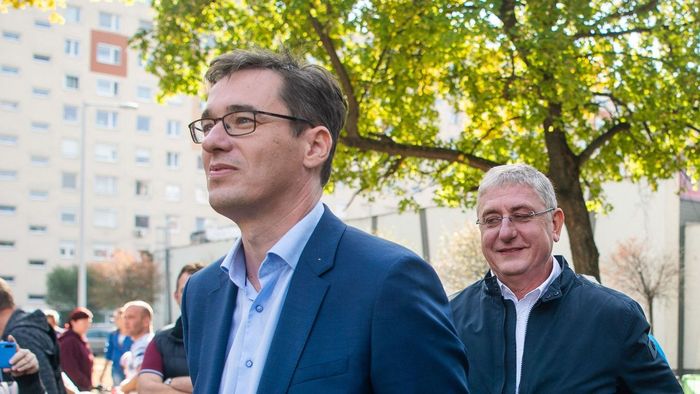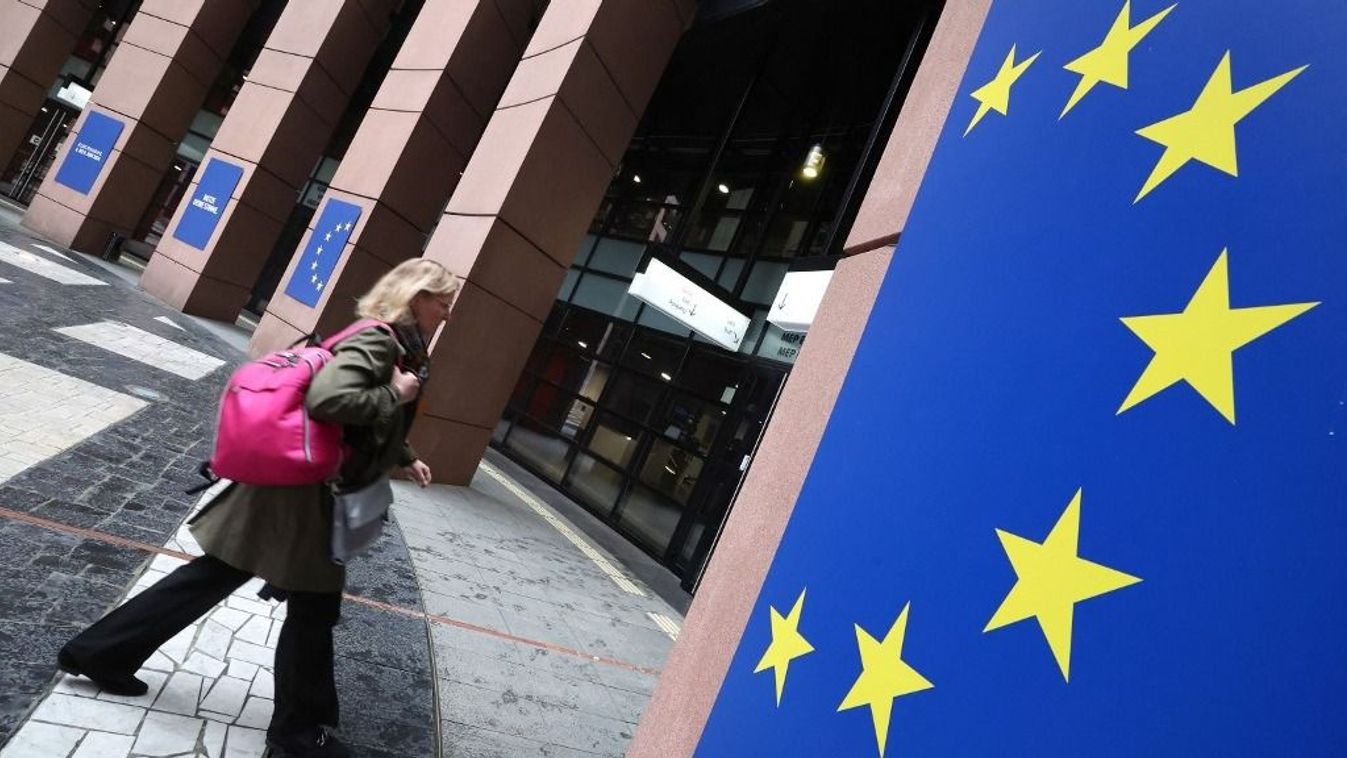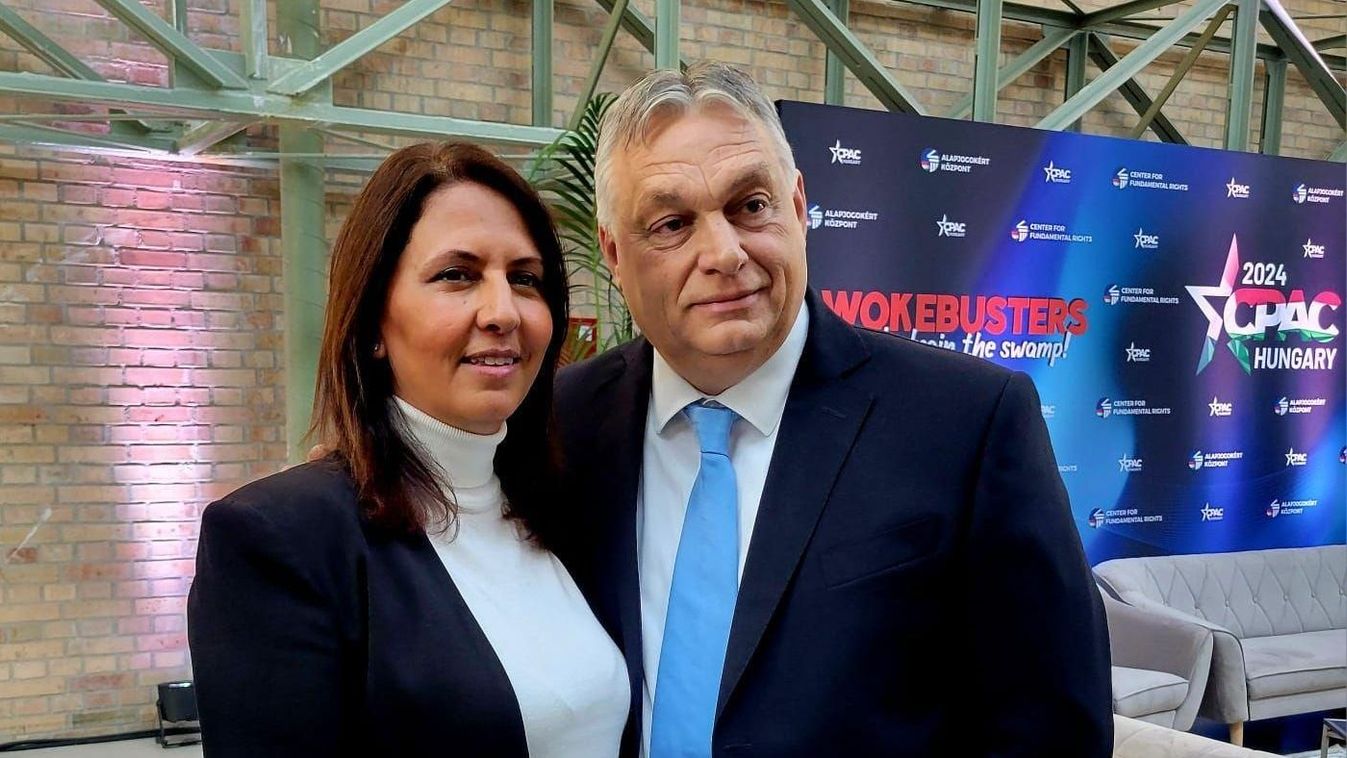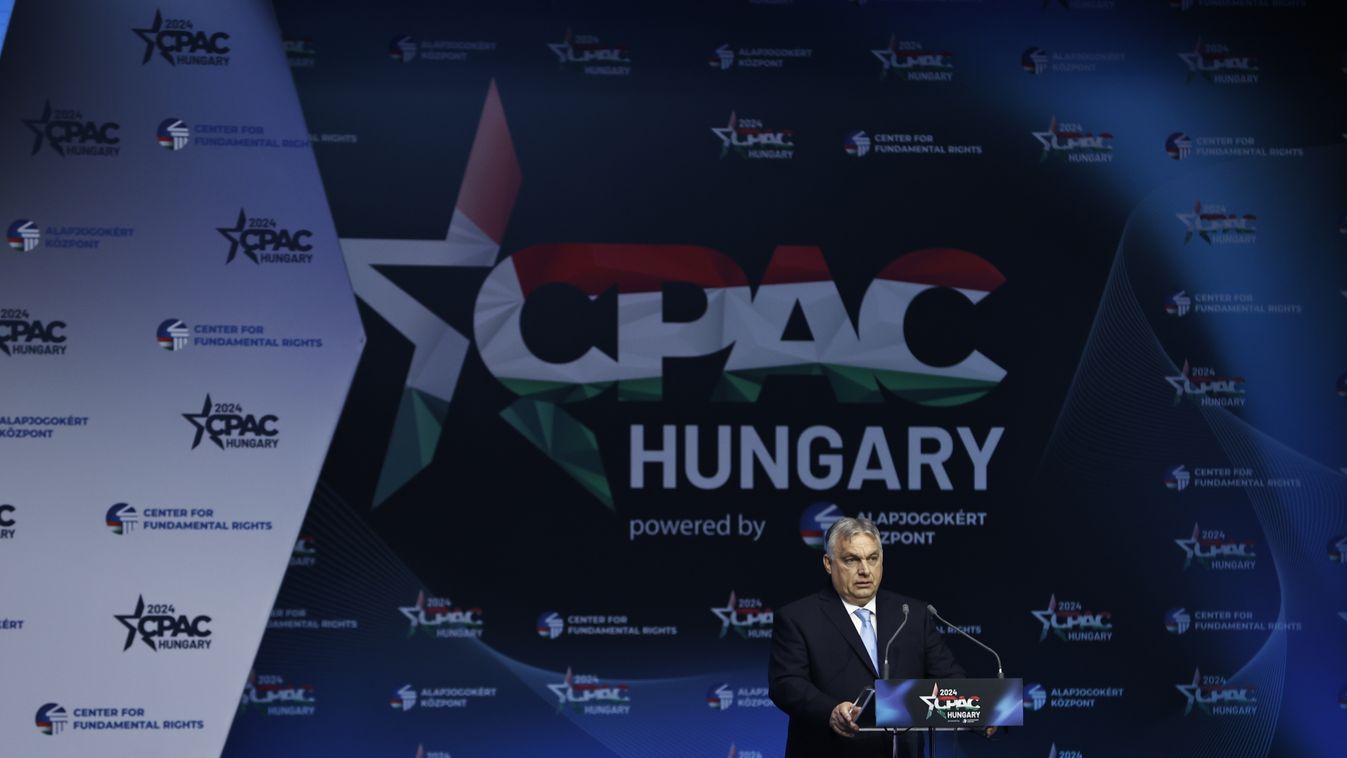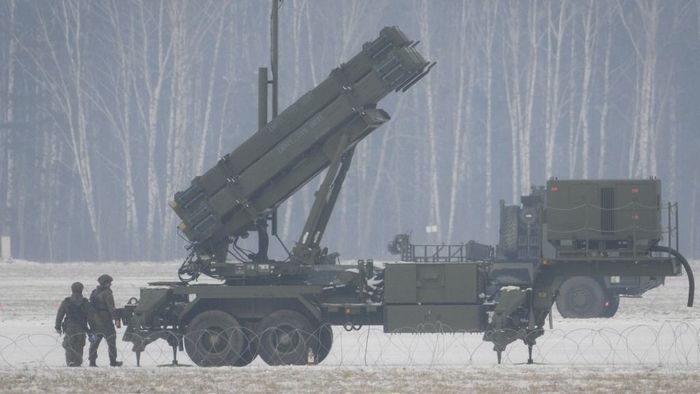As Magyar Nemzet highlighted previously, the US ambassador to Hungary lied. The diplomatic mission has analyzed Hungary's domestic and European energy policy in an attention-seeking video published on Facebook, peppered with dramatic images and sound effects.
The video starts with Minister of Foreign Affairs and Trade Peter Szijjarto's statement that Hungary's energy supply could not be secured without Russian gas, and then it gives a number of counter-examples, citing the Czech Republic, Poland and Bulgaria as countries that have "significantly reduced" their imports of Russian gas in 2023.
What is missing from the clip is a small detail that Hungary's immediate neighbor, Austria, procures 98% of its gas from Russia,
– the lawyer emphasized, adding that the Czech Republic and Poland, portrayed as positive examples in the video, were not so dependent on natural gas in the first place, as they generate most of their electricity from coal-fired power plants, mainly lignite plants. This is highly polluting, but the Biden administration, usually so sensitive to green issues, appears unperturbed this time.
Besides, a country's consumption of natural gas cannot be subordinated to political ends, "we see the dangers of that." The countries mentioned in the ambassador's video have unilaterally switched from Russian to US gas.
Over the past year and a half, they have signed gas purchase contracts with the United States for essentially the same volumes as they did with Russia, only at many times the price,
– Mate Toth highlighted.
Thus, the United States has suddenly found buyers for its very expensive and highly polluting LNG that remained unsold for years. Now, with the presidential election approaching, the Biden administration – in revisiting its campaign pledge from four years ago – announced that it is reviewing its LNG supply contracts to Europe and has suspended the licensing of new LNG production infrastructure in the US.
This has made supply to European countries that have switched over completely uncertain.
The expert also highlighted a temporal coincidence in the ambassador's video. Mr Pressman says the numerous articles published recently on Hungary's long-term gas contracts are all based on speculation and contain nonsensical statements, such as the inclusion of a transmission system fee in the price of gas, which is viewed as absurd by industrial experts.
According to Mr Toth, although the exact terms of the contracts are unknown, "it is possible to guess, with a degree of certainty, that these gas contracts contain a tracker price." Moreover, it's impossible to compare a country's long-term gas purchases with the daily price of natural gas products on the stock exchange, he argued. "This is like comparing apples with pears."
The temporal proximity of these articles and the embassy's video (presenting the articles' headlines as evidence) is Intriguing, to say the least, according to the expert.
The figures in the video are snapshots, they do not show trends – and that's another problematic point, Mr Toth argues. As an example, he cites the Czech Republic, whose gas purchases fro,m Russia, while indeed falling dramatically in 2023, have increased again in the first quarter of this year.
The US is pursuing a rather disingenuous policy,
– the energy lawyer concludes, adding that while the Russian side has always been a reliable contractual partner over the course of the past decades, the same can hardly be said of the US.
After a year or two of expansionary market acquisitions, they are mulling the revision of their gas supply contracts and additional gas production capacities, thus creating uncertainty for the countries that have signed agreements with them,
– explained Mr Toth, in conclusion.
Cover photo: US Ambassador David Pressman (Photo: Arpad Kurucz)

